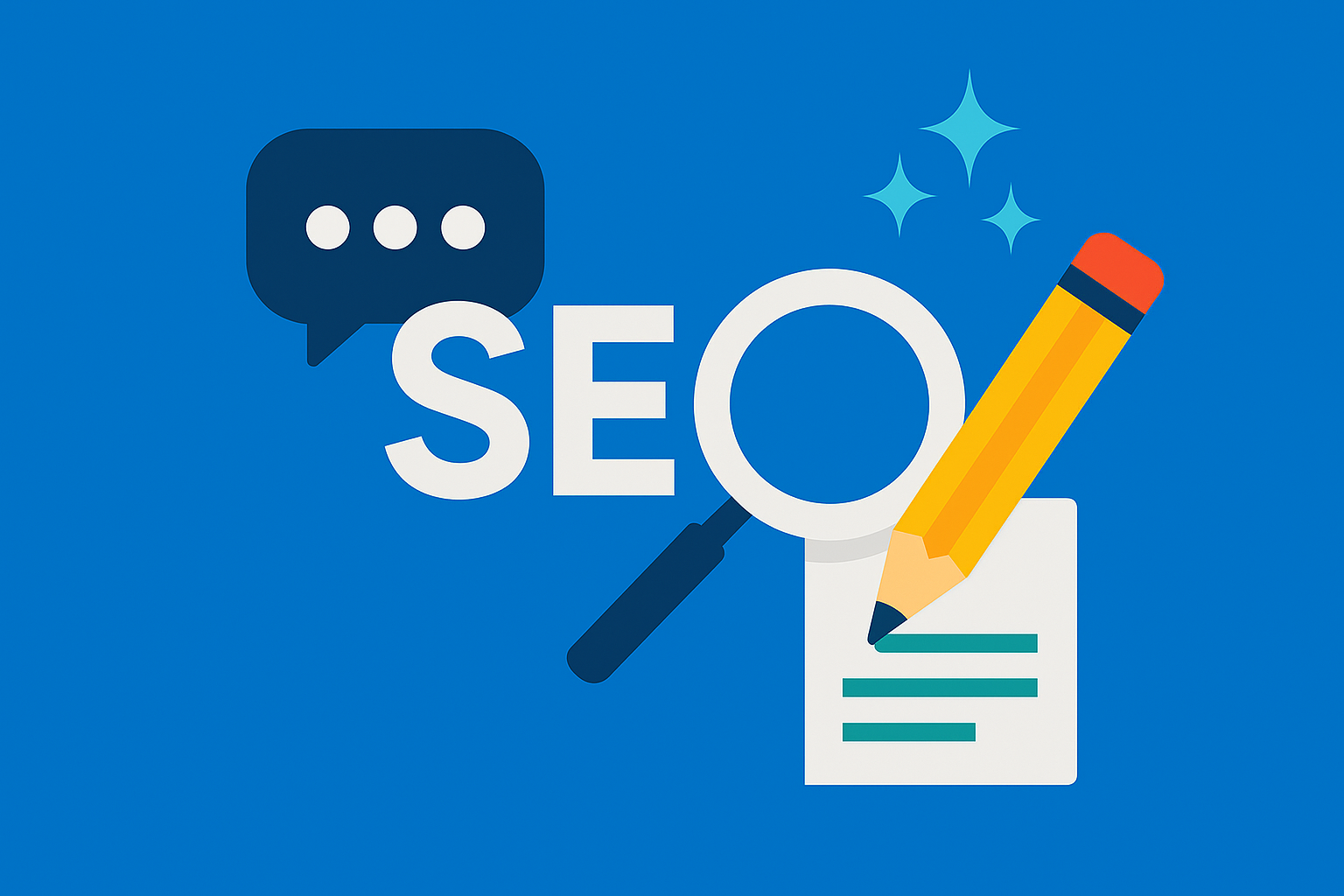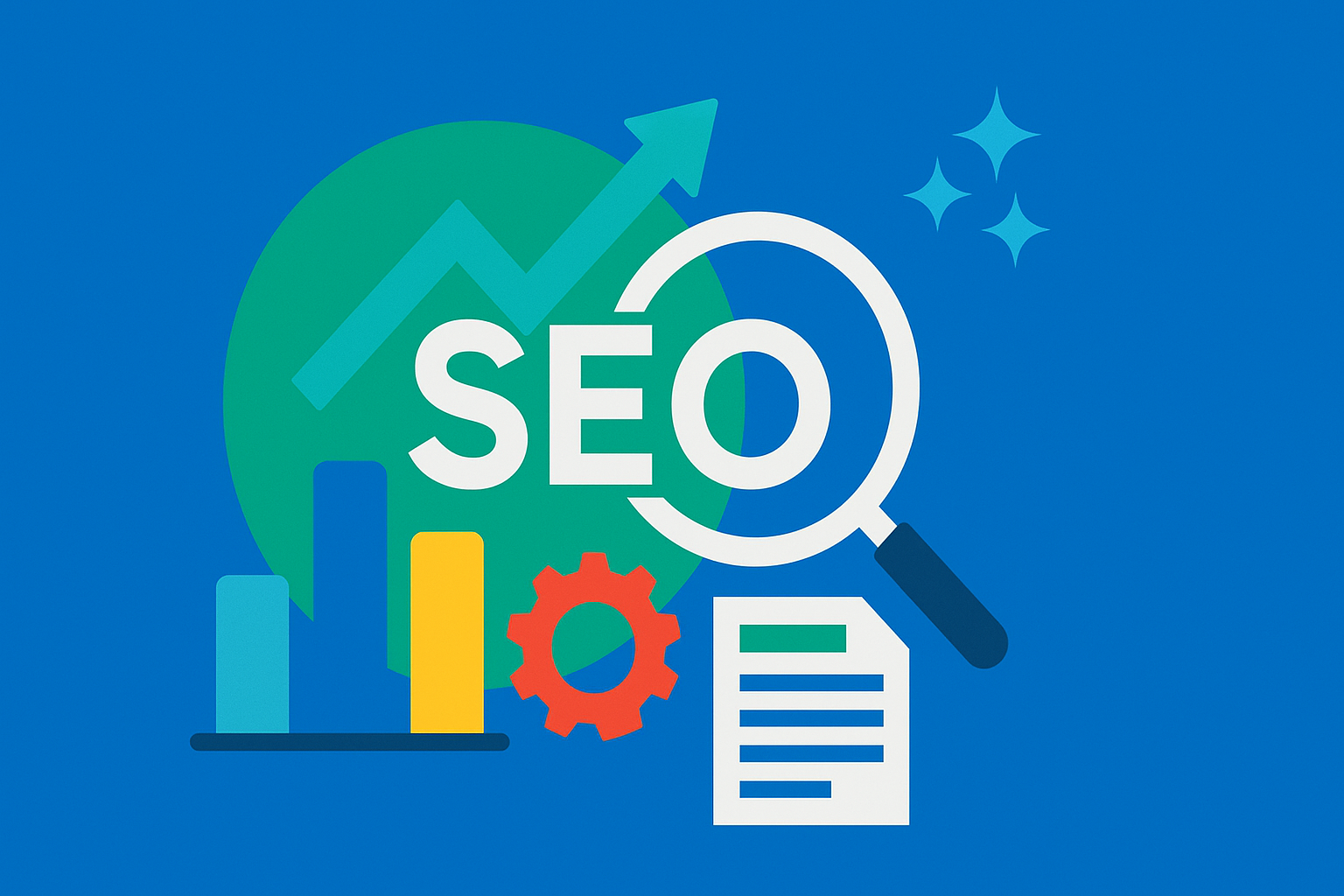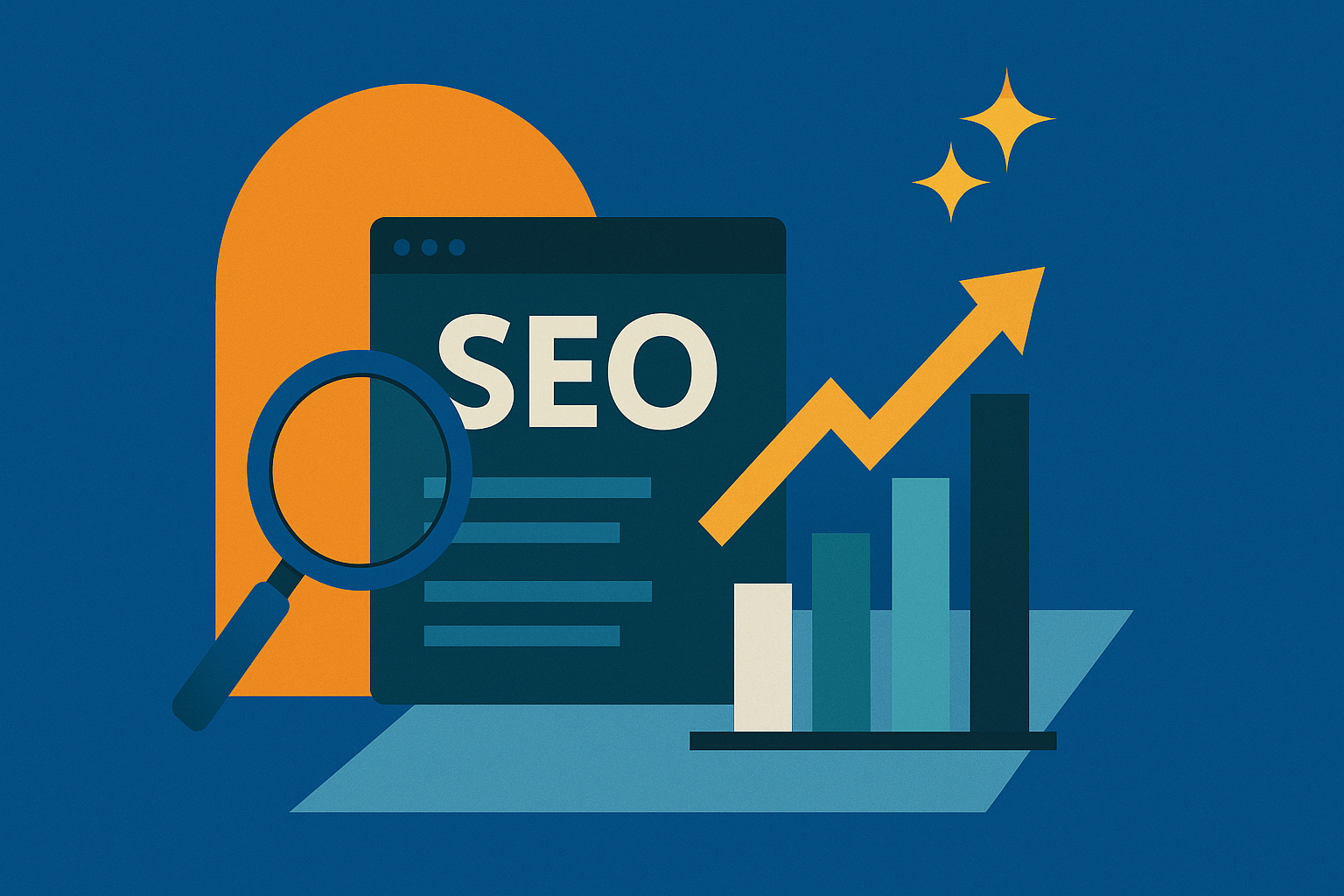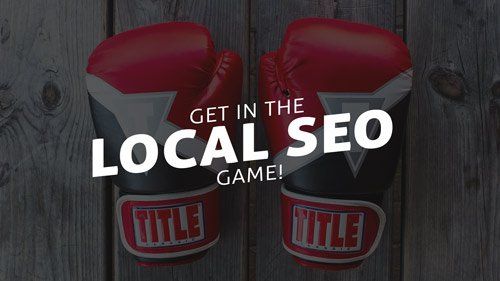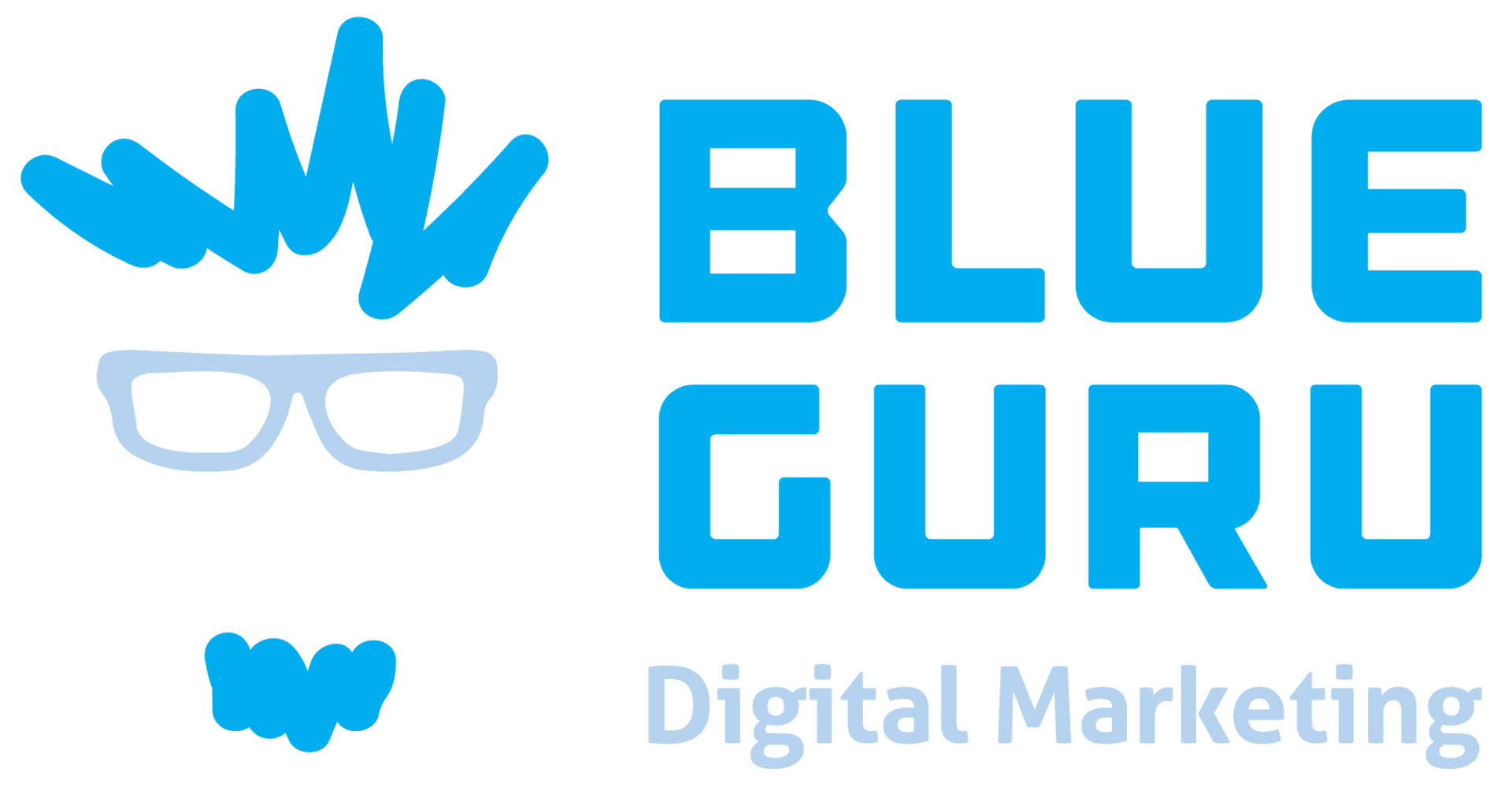Every few years, someone declares SEO dead. The announcement comes with great fanfare, promising liberation from the complexities of search optimization.
Yet here we are, still talking about it.
I've watched this cycle repeat itself like clockwork. The pattern mirrors what happened with print media. We declared newspapers finished while magazines quietly maintained their audiences. Over the past two decades, newspaper circulation collapsed from 55 million to 24 million readers while magazine readership successfully transitioned to digital platforms.
The difference? Specific applications died, not entire channels.
The same dynamic drives SEO death announcements. Marketers chase shiny objects and need justification to pivot. Declaring an entire discipline obsolete provides that cover.
The Trust Factor You Cannot Buy
Here's what the obituary writers miss: SEO communicates trust in ways paid channels simply cannot.
When someone searches for "pressure washer Louisville" and your business appears organically, you've earned that placement. The searcher knows you didn't pay to be there.
That absence of payment creates credibility.
Organic results feel like word-of-mouth recommendations rather than advertisements. When you show up repeatedly across different searches, you're building compound trust. Five organic appearances with fifty reviews carries more weight than any paid placement.
This trust arbitrage remains impossible to replicate through other channels. You can sponsor chamber events and buy ads, but organic visibility suggests genuine authority in your space.
The absence says you aren't trusted.
Why Businesses Abandon What Works
If organic trust is so valuable, why do businesses treat SEO as optional?
Industry trauma explains most of it.
Bad SEO experiences create psychological scars that make abandonment feel rational. Maybe an agency focused on traffic instead of leads. Maybe offshore work delivered poor results. Maybe previous efforts never impacted the bottom line.
I've seen home services companies ranking for "should my door have a left hinge swing or right hinge swing" while missing "AC repair near me" entirely. The traffic existed, but none of those hinge-swing researchers would ever become paying customers.
This represents traffic for traffic's sake.
The disconnect happens because many SEO providers speak in marketing metrics while business owners think in revenue terms. Agencies promise traffic and deliver vanity numbers. Business owners need customers and get irrelevant visitors.
This language barrier creates the trauma that fuels abandonment.
AI Makes SEO More Powerful
The latest death announcement centers on AI search features. No-click searches now represent 58.5% of Google queries, with AI Overviews appearing in over 50% of results.
Critics see this as SEO's final blow.
They're reading the data backwards.
Google's own guidance reveals the truth: standard SEO practices work for AI-powered results. Gary Illyes confirmed that "AI SEO" isn't necessary because traditional optimization principles apply to AI Overviews and AI Mode.
The overlap is extensive.
I've watched clients appear in both traditional organic results and ChatGPT responses after just six months of focused SEO work. The same optimization principles that earn Google rankings now generate visibility across multiple AI platforms.
Good SEO gets you everywhere.
Instead of replacing SEO, AI amplifies its reach. Your optimized content now feeds Google's AI, ChatGPT, and other AI search tools. The investment compounds across platforms rather than fragmenting across separate strategies.
The Evolution Continues
SEO hasn't remained static while critics wrote obituaries. The discipline evolved from keyword stuffing to user intent optimization. From link farming to authority building. From technical manipulation to genuine value creation.
The businesses that "tried SEO and it didn't work" often experienced outdated approaches rather than current methodology.
Modern SEO focuses on bottom-funnel searches that drive revenue rather than top-funnel traffic that inflates reports. It prioritizes local relevance over generic volume. It builds sustained visibility rather than temporary ranking spikes.
For small businesses especially, this evolution makes SEO more valuable than ever.
You still need to show up in the digital world. You still need searchable content that serves both Google and AI systems. You still need optimized presence that establishes expertise in your space.
Abandoning SEO now means abandoning visibility across the entire search ecosystem.
The reports of SEO's death remain greatly exaggerated. What died was the old approach. What survived was the core principle: being found when people search for what you offer.
That need will outlast every obituary.
